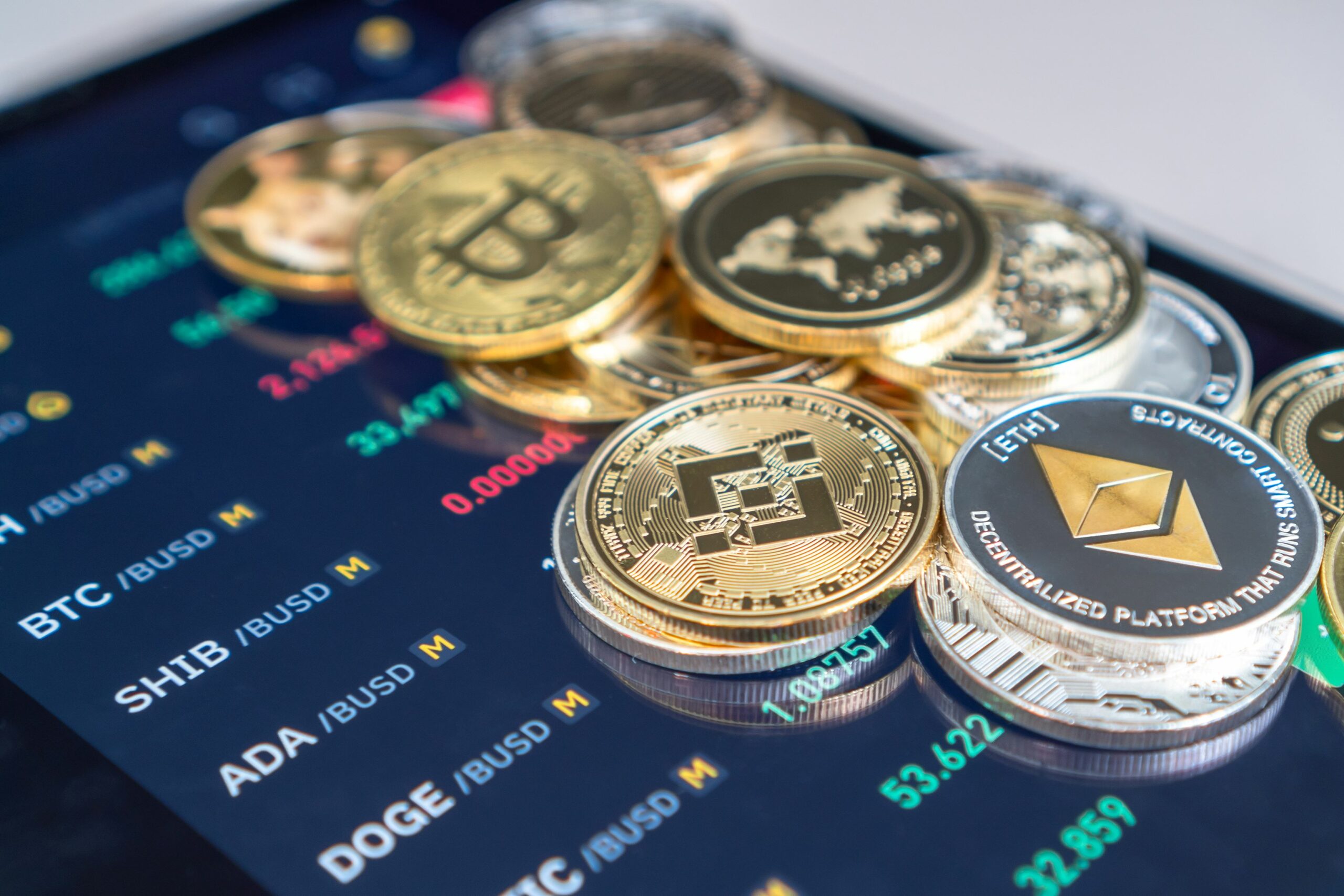Blockchain: The Future of Finance?

Blockchain, a term synonymous with cryptocurrencies like Bitcoin and Ethereum, has progressively permeated mainstream consciousness since its inception. Beyond the realm of digital currency, however, blockchain technology harbors potential revolutionary implications for the future of finance, prompting discussions that reach the corridors of banks, investment firms, and regulatory agencies worldwide.
So, why is blockchain tipped as a game-changer for the financial industry? A deep dive into its defining features provides the answer.
Decentralization and Trust
Traditional financial systems operate on the principle of centralization. Central banks, financial institutions, and governments maintain, regulate, and control the flow of funds, thereby acting as trusted intermediaries. Blockchain technology, however, turns this paradigm on its head by offering a decentralized network where all participants hold a copy of the entire transaction history.
Blockchain employs advanced cryptography to record transactions, forming ‘blocks’ of information chained together, virtually immune to alterations. This inherent transparency fosters a system of trustless consensus, where the trust that was traditionally placed in centralized authorities is now distributed across the network.
Efficiency and Security
The financial sector stands to gain enormously from the efficiency that blockchain offers. Transactions that usually take days due to intermediaries and cross-border complications can be processed in mere minutes, around the clock, with blockchain technology.
Moreover, blockchain’s inalterability confers a level of security unparalleled in the current financial landscape. With each block of transactions tied to the one before and after, altering a single block requires an unthinkable amount of computational power, making the system incredibly resistant to fraud and cyberattacks.
Become an educated trader. Join and learn to apply new skills>>
Smart Contracts
Another groundbreaking aspect of blockchain is the concept of smart contracts. These are self-executing contracts with the terms of the agreement directly written into lines of code. They eliminate the need for intermediaries, automatically triggering transactions when predefined conditions are met, potentially revolutionizing processes like securities settlement and remittances.
Challenges and Regulatory Uncertainties
However, the road to blockchain’s full integration into finance isn’t without obstacles. The same decentralization that bestows efficiency and security also poses problems of governance and accountability. Additionally, issues such as energy consumption, scalability, and transaction speed require technological solutions.
Regulatory uncertainty presents another formidable challenge. Without international consensus on regulations, blockchain’s adoption in finance could be hindered. Questions on how to enforce Know Your Customer (KYC) and Anti-Money Laundering (AML) regulations on decentralized networks remain unresolved.
Future Outlook
Blockchain’s transformative potential for finance is immense. Beyond cryptocurrency, possible use cases range from remittances, clearing and settlement systems, and fraud detection, to identity verification, and more. As the technology matures and regulatory challenges are tackled, we can expect blockchain to become more ingrained in financial systems.
Deloitte’s 2020 Global Blockchain Survey highlighted that 55% of respondents saw blockchain as a top-five strategic priority, a clear testament to its increasing acceptance. Although its journey is fraught with challenges, the question is no longer whether blockchain has a place in the future of finance but how expansive that place will be.
The real promise of blockchain in finance lies in its potential to democratize access to financial services. By reducing barriers to entry, blockchain could fundamentally redefine the concept of financial inclusivity, extending the reach of financial services to unbanked and underbanked populations worldwide.
In conclusion, while blockchain’s full potential in finance is yet to be completely realized, it undoubtedly presents a transformative force that could reshape the financial landscape in profound ways. As with any disruptive technology, the path forward will require careful navigation, weighing the tremendous potential benefits against the challenges posed by implementation, regulation, and acceptance. Nevertheless, as we continue to explore and understand blockchain’s possibilities, we inch closer to a future where finance is more transparent, efficient, secure, and inclusive.
Disclaimer: Our content is intended to be used for informational purposes only. It is very important to do your own research before making any investment based on your own personal circumstances. You should take independent financial advice from a professional in connection with, or independently research and verify, any information that you find on this article and wish to rely upon, whether for the purpose of making an investment decision or otherwise. Klips does not put available shares or any other underlying asset, but CFD derivatives based in underlying assets.

Follow market news and updates
This information is written by Klips. The information is provided for general purposes only and does not consider any personal circumstances or objectives. Before acting on this material, you should consider whether it is suitable for your circumstances and, if necessary, seek professional advice. No representation or warranty is given as to the accuracy or completeness of this information. It does not constitute financial, investment or other advice on which you can rely. Any references to past performance, historical returns, future projections, and statistical forecasts are no guarantee of future returns or future performance. Klips will not be held responsible for any use that may be made of this information and for any consequences that may result from such use. Hence, any person relying on the information on this page does it at their own risk.




